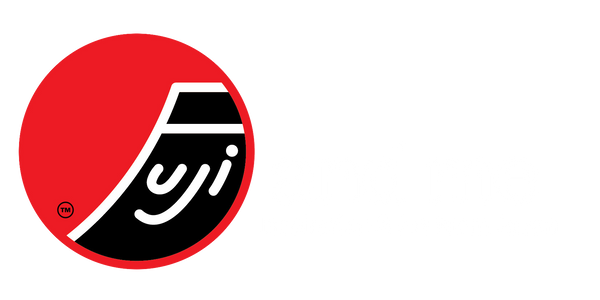Ok, so your big trip has finally begun. Your flight arrives at Narita or Haneda and you step out of the plane, through the connecting tunnel and, after a brief walk, into the customs area. You clear customs, grab a bus to your hotel, throw your luggage in a corner of the room and spend the next hour just staring out of the window at the thousands of people walking the Tokyo streets below.

So other than a slightly different landscape, what are you ACTUALLY looking at that is so different from home?
Get this.
All those people are literally mind reading each other!
At home we are always dealing with different individuals who have their own way of thinking. While a Westerner may be able to mind read their longtime partner or kids to some extent, generally we can’t do it with other Westerners because everyone thinks individually and therefore differently.
Not so with Japanese people. In this case its mostly all the same, with minor variations, when compared to Western thinking.
As the Japanese go through their education system everything individual is stripped away from them so that everyone becomes (almost) the same. As all the rules of behavior are also laid out early in life this double effect is what allows everyone to predict the behavior and thoughts of their associates. For this reason, Japanese who have to deal with foreigners (yes, that’s you on your trip) always feel a little on edge simply because they can’t really predict the thoughts of foreigners. In the eyes of the Japanese therefore Westerners are generally known for being very unpredictable. It’s no wonder then that Japanese don’t like surprises.
Now let’s briefly compare the two ways of being. In comparison to each other Western thinking is “Complex” Why? Simply because there are so many variables associated with the different ways any individual can be brought up. Your thinking is determined by your past experiences. Right?
In comparison then Japanese thinking is “Simple.” As mentioned, all the irregularities are stripped out beforehand. The system takes care of how one behaves and so, In effect, everyone Japanese is “on the same page.”
Let’s all remember that there is no right and wrong here and that there are trade off’s on both sides.
Generally speaking then, a Westerner (Foreigner) has freedom from obligations and restrictions on how they can think and act. In some cases, and often enough though, this can really get us in trouble. So, it’s fair to say that life for us may be seen as going “up and down” as if we are walking the “Peaks and valleys” of our life.
At the same time the Japanese person finds freedom in simplicity. They believe that the more simple they are, the more complete they become. I’m not a philosopher, but I believe that the idea behind this is to smooth out the peaks and valleys so that the path is a long straight line.
Now obviously I’m putting this in very simple terms. This however is exactly my point.
The question is NOT “which one is right?” The question becomes “What can I do with this?”
Meanwhile, back in your hotel room you can’t help but wonder about what’s happening to the world. Social media is currently going nuts worldwide because there are so many different variations and perspectives all being voiced at the same time that what we are getting is white noise. Everything is Rush, Rush, Rush. So much of “Mind” is being said, but nobody is listening because everyone is being increasingly drowned out by other voices. Many people would agree that ours is a world becoming more unpredictable and hyped up by the day. The Japanese call this “Wild Confusion.”
It doesn’t need to be said that this outcome is FAR from simple!
Buddhism on the other hand (being at the root of Japanese thinking) calls for the opposite of this. This it calls “Unminding.” This is an undoing of everything we have learned, a stripping back of all the concepts, a reversal if you like. Almost like going back to the womb! If you have been going in one direction all your life, doesn’t it make you wonder about what going in reverse could also do? Its no coincidence that cars and vehicles all have a reverse gear for this very convenient reason. As the Buddhists say “When the world dissolves, everything becomes clear.”
Let’s suppose that at this point, that knowing what you now know, you decide to try and understand how such a form of simplification could improve your lot. Wouldn’t that make your trip more interesting? It’s still day one, and you only just arrived, but now that you know what you’re dealing with you can already start to understand and SEE so much more.
You begin to understand that everyone around you is working to a script. You start to notice how things in the hotel are being handled. You realize that when things are flowing everything is being managed by the pre worked out system. When you go out shopping and you want to request something from the shop attendant you understand better that their reply depends on precedents that have already been previously set by other requests, and so you are likely to be more tolerant of the answer. You’re on your guard, that If the request has not been made before then you will expect a “bewildering conversation” that doesn’t go anywhere because “NO” is an answer that is not actually in the system.
At this point your adventure has only just begun.
Next Post: Fuji: Understanding the Key to Japan’s Simplicity

